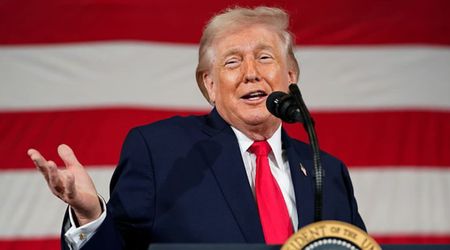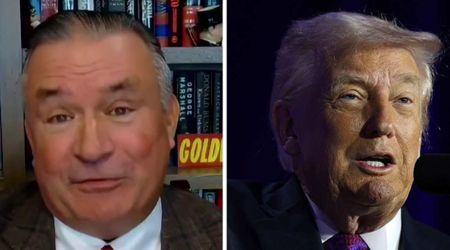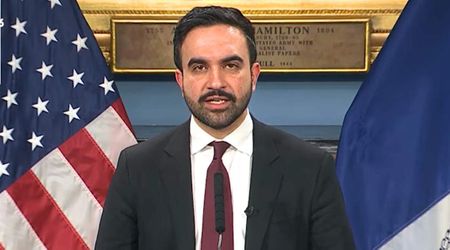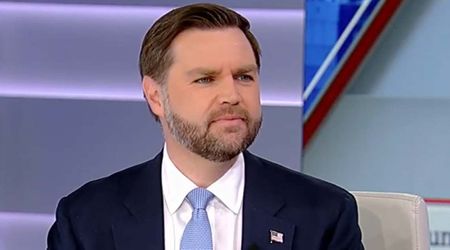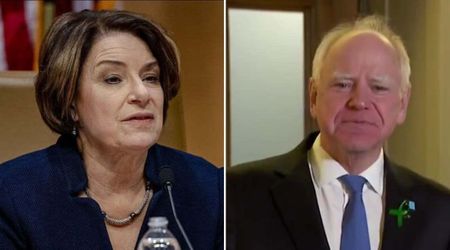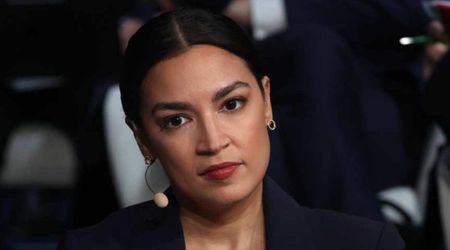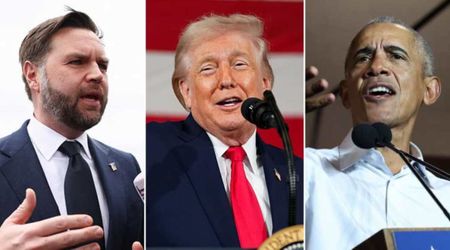Supreme Court upholds Donald Trump’s 2017 tax cut law on foreign investments in major win for IRS
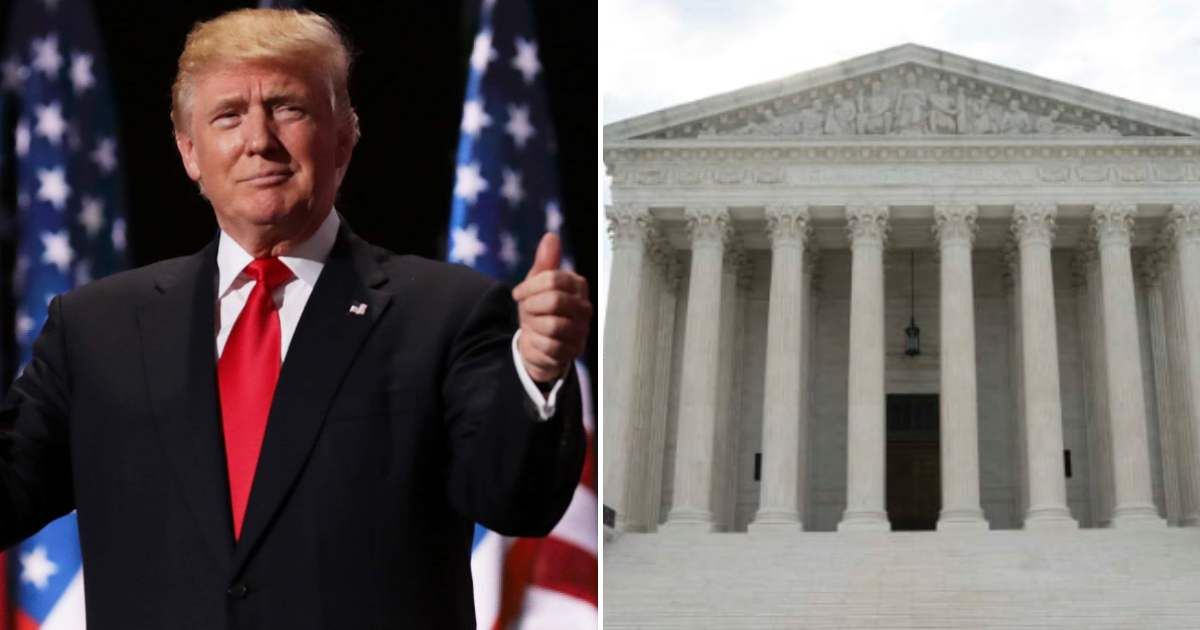
WASHINGTON, DC: The Supreme Court has upheld a tax on foreign investments that was included in the 2017 tax cut law signed by former President Donald Trump. This decision was made on Thursday, June 20, rejecting a challenge supported by business groups.
Per the New York Post, the SCOTUS in a 7-2 ruling, stated that Congress had the authority to impose a one-time tax on investors' profits that have not been distributed to them. Critics had suggested that this tax could potentially pave the way for a future wealth tax.
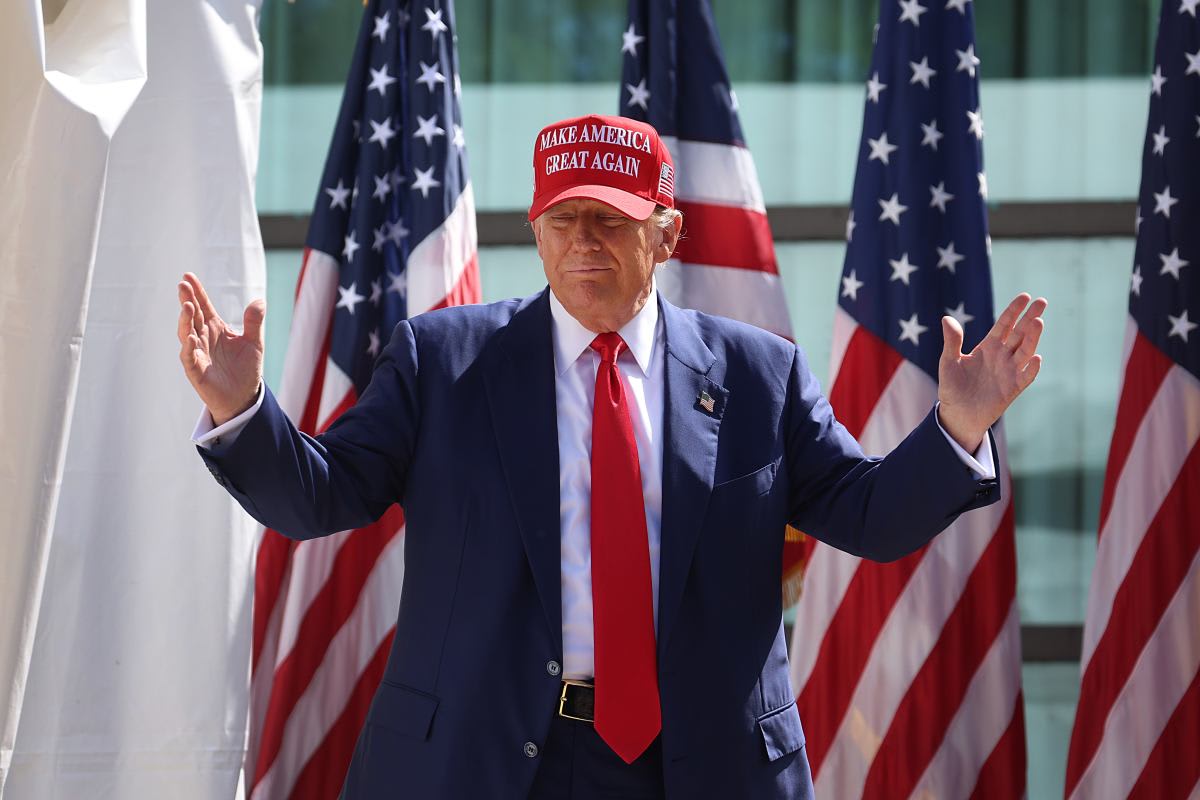
Justice Brett Kavanaugh, writing for the majority, contended that the argument against the tax, presented by a couple from Washington state, “taken to its logical conclusion, could render vast swaths of the Internal Revenue Code unconstitutional.”
“And those tax provisions, if suddenly eliminated, would deprive the US Government and the American people of trillions in lost tax revenue.”
Who are the Washington state couple who brought the case to court?
The lawsuit was initiated by Charles and Kathleen Moore, who contested a tax assessment of approximately $15,000 linked to Charles Moore's investment in an Indian company.
In a legal declaration, Moore asserted that he did not receive any funds from the company, KisanKraft Machine Tools Private Ltd.
However, public records reveal that Charles Moore's involvement with the company, including a five-year tenure as a director, is more extensive than indicated in the court documents.

Justices Clarence Thomas and Neil Gorsuch dissented, with Thomas arguing that the provision breached the 16th Amendment, which established income tax.
“Charles and Kathleen Moore paid $14,729 in taxes on an investment that never yielded them a penny,” Justice Thomas wrote. “… Sixteenth Amendment ‘incomes’ include only income realized by the taxpayer. The text and history of the Amendment make clear that it requires a distinction between ‘income’ and the ‘source’ from which that income is ‘derived.’ And, the only way to draw such a distinction is with a realization requirement.”
The aforementioned tax was levied on American-owned businesses that operate abroad. Over ten years, it was expected to generate around $340 billion.

Justice Kavanaugh issued a warning, stating that it would be incorrect to view his ruling as authorizing "any hypothetical congressional effort to tax both an entity and its shareholders or partners on the same undistributed income realized by the entity.”
The Moores' lawsuit was initiated by the Competitive Enterprise Institute, which claimed that the clause amounted to an "unapportioned direct tax on their shares," which are only subject to taxation at the time of sale under current legislation.
“The precise and narrow question that the Court addresses today is whether Congress may attribute an entity’s realized and undistributed income to the entity’s shareholders or partners, and then tax the shareholders or partners on their portions of that income,” Kavanaugh wrote.

Although there may be "wrongheaded" tax policies, the justice continued, "this court's role in such disputes should be limited."
Justice Thomas disagreed in his rebuttal, claiming, “Even as the majority admits to reasoning from fiscal consequences, it apparently believes that a generous application of dicta will guard against unconstitutional taxes in the future.”
Various versions of a proposed "wealth tax" have been discussed by Democrats in Congress, but none of them have materialized as of yet.
Justice Kavanaugh did, however, appear to leave open the possibility of overturning a wealth tax in the future should it be brought before the Supreme Court.
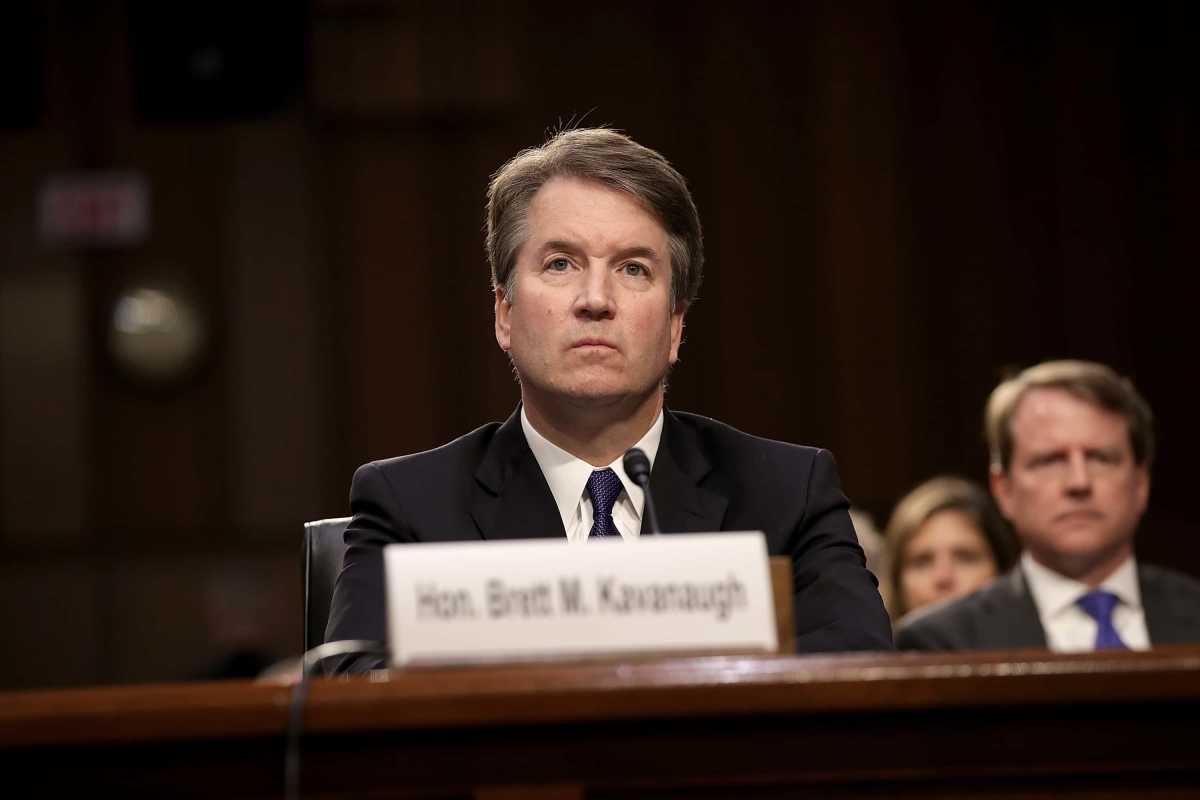
“The Moores argue that realization is a constitutional requirement; the Government argues that it is not. To decide this case, we need not resolve that disagreement over realization,” Kavanaugh wrote. “Those are potential issues for another day.”
Justice Samuel Alito, who sided with the majority, declined requests from Senate Democrats to recuse himself from the case due to his association with David Rivkin, legal counsel for the Moores.
Alito did not align with Kavanaugh's opinion; instead, he endorsed a separate concurrence authored by Justice Amy Coney Barrett, who contended that the complexities of the case were greater than Kavanaugh had suggested.

